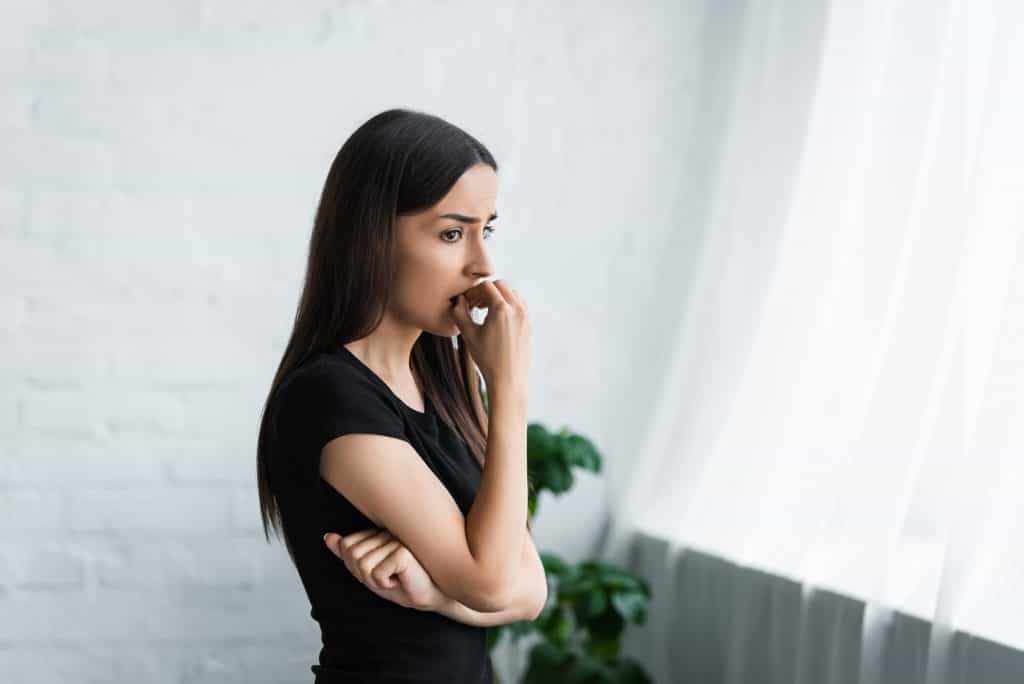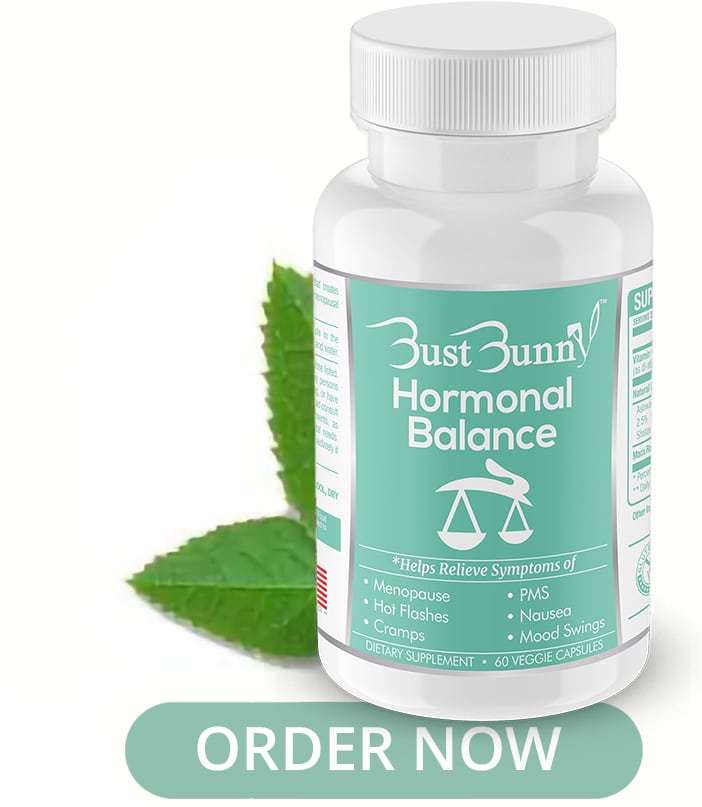As you know menopause is a really significant time of change in every woman’s life. These changes may be different for each woman, symptoms may not all be alike and even developing a mood disorder may come along for some women.
Menopause emotions can be hard to control and might be a difficult time to get past, although it’s not unusual or impossible. There are many stages and steps through the journey of menopause that may come. Being aware ahead of time of what may come in your later years is important so you’re able to take more control of it.
Menopausal symptoms start before menopause actually begins in a period of time called perimenopause. This is the point in time where your estrogen levels begin to drop which is the point when most women start to notice more extreme symptoms including menopause mood swings. According to the North American Menopause Society, an average of 23 percent of women will experience menopause mood swings before, during and or after menopause is over. Typically hormonal mood swings are a clear indication that menopause is right around the corner.
Is there a link between menopause and depression?
Menopause and depression have been linked to one another as it is known when estrogen levels drop symptoms such as irritability, insomnia, stress, memory loss, anxiety and depression can arise. When your hormones are changing, it throws your body off creating confusion and amplifies the feelings that you are experiencing. When you experience symptoms such as having an irritable mood, this can create a negative impact on your brain creating things such as depression, anxiety, and menopausal mood swings.
Dealing with menopause and the symptoms that come along is not an easy process, but it is possible to find healthy ways to handle these emotional changes. There are many natural remedies for menopause mood swings that we will suggest later in this article. 
How to deal with menopause and depression?
So if you’re wondering, can menopause cause depression, the answer is yes. If you are one who is suffering from depression during these times, there are steps that you can take to help ease these symptoms and battle this.
- Find hobbies that you are interested in. Taking some time to yourself to do something that interests you will help take your mind off the things that are causing you emotional distress.
- Take off any big load that you may have on your plate, if you have a large task, break it into something smaller to take the load off.
- Try exercising more often, you can give something like yoga, pilates or cycling a try. Working out has been proven to decrease emotional stress.
Are menopause and anxiety linked to each other?
When menopause hits, women tend to start to feel sad, emotional, depressed and or anxious. This is a big change and you have now faced the fact that fertility is gone, which is something that is emotional to take away from any woman. Menopause and anxiety go together due to the emotional changes that you may be experiencing. Before menopause hits, it’s called perimenopause which is when your hormones are all over the place and it’s not until postmenopause when your hormones become balanced again. Therefore, in this in between time, anxiety may creep in. Many women ask “can menopause cause anxiety” and unfortunately, due to the stress that menopause brings on to women, it can create anxiety along with depression. 
Does anxiety go away after menopause?
During menopause, many women start to feel that they cannot cope with the same things that they once did. Once menopause ends, your hormones begin to align and start to become balanced. There are specific hormones causing anxiety during perimenopause and menopause that your body does not react well with, but once you enter postmenopause you may realize your anxiety will begin to decrease.
Learning how to handle and manage the symptoms that comes along with anxiety will help create a more peaceful life. Once your hormones start to balance out, you will notice these feelings starting to subside. Although anxiety isn’t something that just “goes away”, you can learn to control this over time. Dealing with menopause and anxiety is not an easy thing, but the sooner you recognize these symptoms, you can manage it.
So if you’re wondering, does anxiety go away after menopause, the answer is not as simple as yes and no. A lot of times it will subside, but without taking the proper steps such as specific supplements and lifestyle habits, it can last longer than expected. 
- Increase your water intake, dehydration and anxiety are linked together.
- Eat a healthy diet, if you’re experiencing menopause and anxiety you may want to take a closer look at your diet. Eating the proper foods, leafy greens, fruits, and magnesium creates a healthy nervous system leading to reduced anxiousness.
- Exercise is one of the best natural remedies for menopause mood swings and anxiety. It creates a feel-good hormone in your body that creates happiness and relaxation. Adding in 30 minutes of cardio a day can do the job!
- Sleep sleep sleep! Many menopausal women have a hard time with this as night sweats and insomnia keep them up – but after menopause is over, your routine should go back to normal. Getting enough sleep is very important for the effect of your hormones causing anxiety.
- Breathe, yes this sounds like a no brainer but some women forget to do this enough. Setting aside 10-15 minutes of mediation to practice breathing creates oxygen pathways into your brain relieving any anxiety, depression and or nervousness.
Are there natural remedies for menopause mood swings?

Balancing your irritable mood happens over time and can be the cause of postmenopausal depression. Menopause irritability may come and go, but if you feel that it consistently happens then you may want to look into specific supplements made for menopausal symptoms.
Trying the natural approach is the best way to begin and after that if your symptoms worsen, then you should consult with your doctor. There are many supplements for menopause mood swings on the market that you can opt for, but be sure that the ingredients are clean and organic.
An All In One Solution. Try an all in one solution like Hormonal Balance. This all natural supplements contains 9 herbs and vitamins to combat mood swings hot flashes, insomnia AND PMS symptoms. Try it out!



